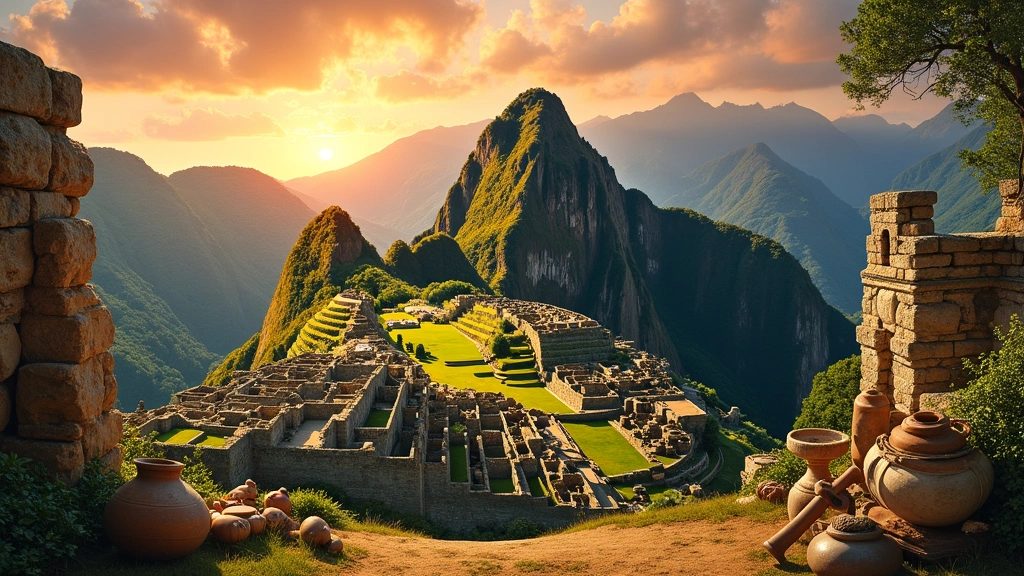Table of Contents
Throughout history, pandemics have played a pivotal role in shaping the course of human civilization. These widespread outbreaks of infectious diseases have not only caused immense suffering and loss of life but have also driven significant social, economic, and scientific transformations. This article explores the profound impact of pandemics on human history, focusing on their influence on societies, cultures, and the advancement of medical science.
Pandemics as Catalysts for Social Change
Pandemics have often acted as catalysts for sweeping social changes. One of the most devastating pandemics in history, the Black Death (1347-1351), wiped out an estimated one-third of Europe’s population. The massive loss of life led to labor shortages, which empowered surviving workers to demand better wages and working conditions. This shift contributed to the decline of the feudal system and the rise of a more modern economic structure.
Similarly, the 1918 Influenza Pandemic, also known as the Spanish Flu, infected a third of the global population and claimed millions of lives. In its aftermath, many countries recognized the need for stronger public health systems. This led to the establishment of health organizations and the implementation of policies aimed at preventing future outbreaks, laying the groundwork for modern epidemiology.
Cultural and Psychological Impacts
Pandemics have left indelible marks on cultures and collective psyches. The trauma of widespread disease often finds expression in art, literature, and religion. For instance, the Black Death inspired works like Giovanni Boccaccio’s The Decameron, which depicted life during the plague, and influenced the macabre themes of medieval art, such as the Dance of Death.
The HIV/AIDS pandemic of the 1980s and 1990s brought about a cultural reckoning, particularly within the LGBTQ+ community. It sparked activism, increased awareness of sexual health, and challenged societal stigmas. The pandemic also inspired powerful artistic expressions, from plays like Angels in America to music by artists like Freddie Mercury, who openly addressed his struggle with the disease.
Advancements in Medical Science
Pandemics have been a driving force behind medical and scientific breakthroughs. The smallpox pandemic, which plagued humanity for centuries, led to the development of the world’s first vaccine by Edward Jenner in 1796. The eventual eradication of smallpox in 1980 stands as one of the greatest achievements in public health, demonstrating the power of vaccination.
The COVID-19 pandemic, which began in 2019, has accelerated scientific innovation at an unprecedented pace. The rapid development of mRNA vaccines, such as those by Pfizer-BioNTech and Moderna, revolutionized vaccine technology and opened new possibilities for treating other diseases, including cancer and HIV. The pandemic also highlighted the importance of global collaboration in addressing health crises.
Economic and Political Consequences
Pandemics have often reshaped economies and political landscapes. The Black Death, for example, disrupted trade routes and led to economic stagnation in Europe. However, it also spurred technological innovations as societies sought to adapt to labor shortages.
The COVID-19 pandemic triggered a global economic downturn, with widespread job losses and business closures. It also exposed vulnerabilities in supply chains and healthcare systems, prompting governments to rethink economic policies and invest in pandemic preparedness. Politically, the pandemic influenced elections, fueled debates over public health measures, and intensified discussions about inequality and access to healthcare.
Lessons for the Future
The history of pandemics offers valuable lessons for the future. One key takeaway is the importance of preparedness and early intervention. The rapid spread of diseases like the 1918 Influenza and COVID-19 underscores the need for robust public health infrastructure and international cooperation.
Another lesson is the role of science and innovation in combating pandemics. From the development of vaccines to the use of data analytics for tracking outbreaks, scientific advancements have been critical in mitigating the impact of infectious diseases.
Finally, pandemics remind us of the resilience of the human spirit. Despite the devastation they cause, societies have consistently found ways to adapt, rebuild, and emerge stronger. The collective response to pandemics often fosters a sense of solidarity and shared purpose, highlighting our capacity to overcome even the most daunting challenges.
Conclusion
Pandemics have been a recurring force in human history, leaving lasting impacts on societies, cultures, and scientific progress. From the Black Death to COVID-19, these global health crises have reshaped economies, inspired cultural expressions, and driven medical breakthroughs. As we reflect on the lessons of the past, it is clear that pandemics are not just moments of crisis but also opportunities for growth and transformation. By learning from history, we can better prepare for future challenges and continue to build a healthier, more resilient world.





2 thoughts on “The Damning Impact of Pandemics on Human History”